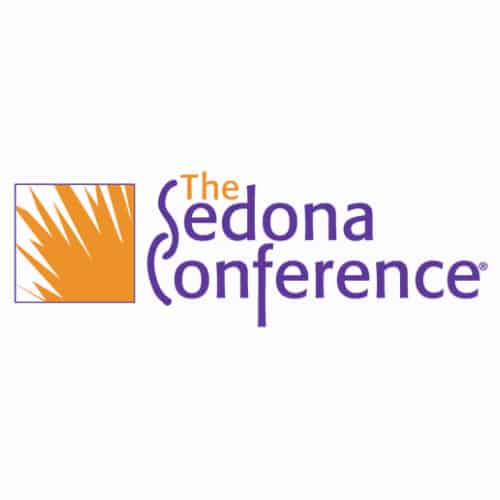ARCHIVED CONTENT
You are viewing ARCHIVED CONTENT released online between 1 April 2010 and 24 August 2018 or content that has been selectively archived and is no longer active. Content in this archive is NOT UPDATED, and links may not function.Four years in development, the latest version of The Sedona Principles has been released by The Sedona Conference for public consideration and comment.
Published as The Sedona Principles, Third Edition: Best Practices, Recommendations & Principles for Addressing Electronic Document Production, this new version of The Sedona Principles is a project of The Sedona Conference Working Group on Electronic Document Retention and Production (WG1), and is a document designed to provide a reasonable and carefully considered approach to the treatment of electronically stored information (ESI) as part of the data and legal discovery process.
Available for download from The Sedona Conferences’s website, the new principles with corresponding commentary are highlighted in a 133-page document open for review and public comment until June 30, 2017. Questions, observations, and suggestions for improvement to the public comment version can be shared with WG1 at comments@sedonaconference.org.
WG1 Steering Committee Members:
- Kevin Brady, Chair
- Maura R. Grossman
- Joseph P. Guglielmo
- Dean Kuckelman
- Cecil A. Lynn, III
- Eric P. Mandel
- Annika K. Martin
- Peter Pepiton
- Ronni D. Solomon
- Gia M. Trimarco
- Martin T. Tully
- Paul D. Weiner
Ex Officio WG1 Members:
- Thomas Y. Allman
- William P. Butterfield (In Memoriam)
- Conor Crowley
- Jonathan M. Redgrave
- Ariana J. Tadler
- Kenneth J. Wither
The Sedona Conference is a 501(c)(3) research and educational institute that exists to allow leading jurists, law- yers, experts, academics, and others at the cutting edge of issues in the areas of antitrust law, complex litigation, and intellectual property rights, to come together in conferences and mini-think tanks called Working Groups to engage in true dialogue—not debate—in an effort to move the law forward in a reasoned and just way.
Additional discussion on the public comment version can be found at
- Lawtech News: Sedona Conference Releases 3rd Edition of E-Discovery Principles for Public Comment
- eDiscovery Daily Blog: The Sedona Principles Has Been Around Longer Thank You May Realize






















